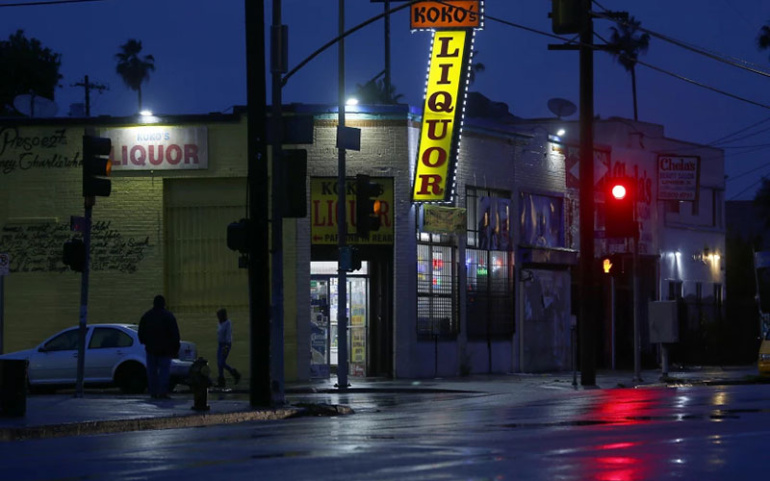Over the years, California has taken up the fight to replace laws that have enabled discrimination with ones that prioritize justice. We’ve done good work so far, including eliminating certain sentencing enhancements that extend prison time for questionable factors like gang-related allegations, and taking other steps to reduce racial discrimination in the legal process including jury selection. But many unjust laws are still on the books.
During my time at the Los Angeles Police Department, I was the first Black woman to be officer-in-charge of Newton Area Vice in South-Central. Over and over in this role, I encountered laws that are subject to broad interpretation, which can lead to biased enforcement. While there should be some room for discretion when enforcing vice infractions, too much latitude in an ill-thought-out law enables prejudice.
One outdated law in particular is often unfairly enforced: California’s statute criminalizing loitering for prostitution purposes, enacted in 1995 during the “tough-on-crime” era.
In September, state legislators passed SB 357 to repeal this loitering law. When the bill reaches Gov. Gavin Newsom, which is expected to happen soon, he should sign it immediately into law.
Provisions of the loitering law allow police officers to make arrests based on their suspicion that people may be sex workers or soliciting sex workers. But without any clear enforcement standards, officers form that suspicion with little more than guesswork and their own biases about the neighborhood or a person’s race, gender and attire. Arrests under this law can give people criminal records that affect their future employment and even housing, altering their lives forever.
In Los Angeles, data from a 2019 report show that Black residents have been hugely overrepresented in loitering-related sex work charges. Black adults constituted 56% of people charged with loitering for the purposes of prostitution, despite making up less than 9% of the city population and only 38% of all prostitution-related charges. Almost 70% of those charged under the loitering law were women. In Compton, women — cisgender and trans — were 100% of all arrestees for the charge, and 72% of those were Black. In comparison, other groups, including white, Latino and Asian people, have been charged at significantly lower rates.
The loitering law criminalization rate for the Black population in Los Angeles is also far higher than for other commonly charged misdemeanors, such as alcohol or drug-related crimes, where Black residents are similarly overrepresented at 24% of arrests.


Add Comment